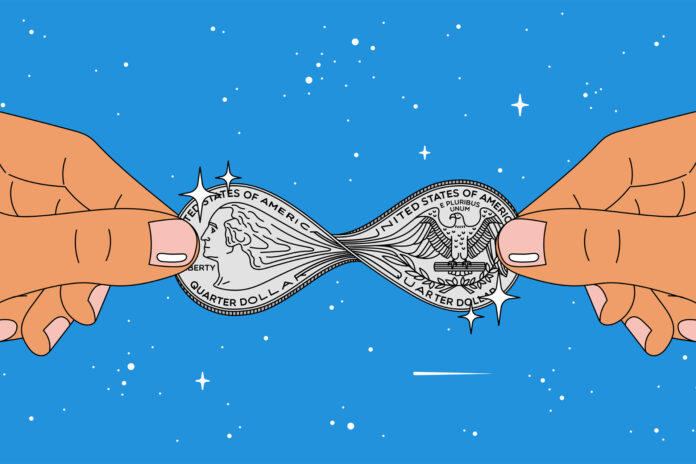Paradoxes, the intriguing riddles of logic and reason, have fascinated minds throughout history. These seemingly contradictory statements or situations challenge our understanding of the world and stimulate intellectual curiosity. In this article, we’ll explore the captivating world of paradoxes, unveiling key facts that highlight their role in philosophy, science, and everyday life.
Definition of Paradox
A paradox is a statement or situation that appears self-contradictory or logically impossible, yet may express a deeper truth. These intellectual conundrums challenge conventional thinking and often lead to profound insights when carefully examined.
Zeno’s Paradoxes
Zeno of Elea, a Greek philosopher, created several paradoxes to demonstrate the impossibility of motion and change. The most famous is the Dichotomy Paradox, which argues that to reach a destination, one must first cover half the distance, then half the remaining distance, and so on, leading to an infinite number of steps.
The Liar Paradox
The Liar Paradox is a classic logical paradox embodied in the statement: “This statement is false.” If the statement is true, then it must be false, but if it is false, then it must be true. This paradox delves into the complexities of self-reference.
The Bootstrap Paradox
Commonly found in time-travel scenarios, the Bootstrap Paradox involves an object or information that is sent back in time and becomes the very thing that initiated its existence. This creates a loop with no clear origin, challenging our understanding of cause and effect.
The Barber Paradox
The Barber Paradox is a self-referential paradox involving a barber who shaves all those, and only those, who do not shave themselves. The question arises: Who shaves the barber? If he shaves himself, he shouldn’t, but if he doesn’t, he should.
The Ship of Theseus
This philosophical paradox questions identity and change. If all the parts of a ship are replaced over time, is it still the same ship? The Ship of Theseus prompts contemplation about the nature of continuity and transformation.
Grandfather Paradox
A common trope in time-travel narratives, the Grandfather Paradox explores what happens if one were to travel back in time and prevent one’s grandfather from meeting one’s grandmother, thus preventing one’s own existence. The paradox raises questions about the consequences of altering the past.
Hempel’s Paradox of Confirmation
Formulated by philosopher Carl Hempel, this paradox challenges the idea of confirmation in scientific reasoning. It illustrates that confirming evidence doesn’t necessarily guarantee the truth of a hypothesis, as there could be multiple explanations for the observed evidence.
Sorites Paradox
Also known as the Paradox of the Heap, Sorites involves a gradual change in quantity that leads to a seemingly paradoxical conclusion. If one grain of sand does not make a heap, and adding one grain doesn’t either, when does a collection of grains become a heap?
Quantum Entanglement
In the realm of quantum physics, entangled particles exhibit a phenomenon that appears paradoxical. When two particles become entangled, the state of one instantly influences the state of the other, regardless of the distance between them. This challenges classical notions of cause and effect.
Conclusion
Paradoxes, with their inherent contradictions and logical complexities, continue to be sources of fascination and contemplation. These facts provide a glimpse into the rich world of paradoxes, inviting intellectual exploration and philosophical reflection. From ancient Greek puzzles to modern quantum mysteries, paradoxes persist as gateways to deeper understanding and the constant evolution of human thought.

